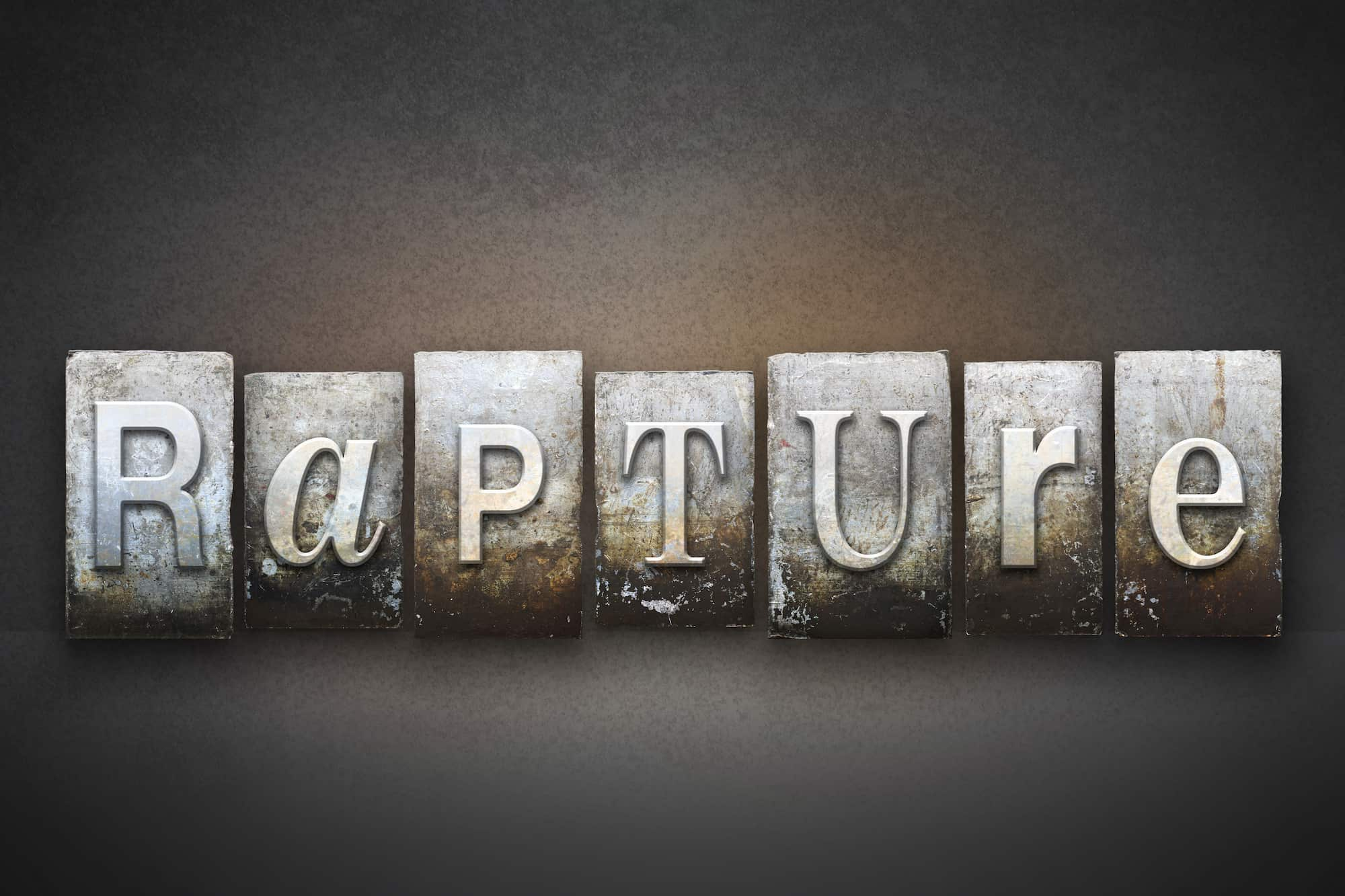In I Samuel 17. David had been anointed king already, yet his father had sent him home to tend the sheep. This anointed king was still only a shepherd in his father’s eyes, so when he needed someone to take food to his brothers on the battlefield, he did not send a servant. He sent David to do a servant’s job. Underestimated as always, David went to the battle doing the lowly task of bringing lunches to his brothers.
When David arrived at the battle, he saw a giant breathing out threatenings against the people of God who were doing nothing about it. As David heard the continual threats of Goliath, he asked what would be done for the man who would kill the Philistine. David asked one question with four parts found in I Samuel 17:26.
- David showed his loyalty to the King.
- David showed his loyalty for his country.
- David showed his loyalty to his faith.
- David showed his loyalty to his God.
In verse 28, we see that David’s own brother doubted him. The reaction Eliab had toward David reminds me of how some who knew me best and were closest to me have treated me. I have watched as people with whom I had a close relationship for years opposed me. People who watched me grow up and knew me well stood against me and continue to do so as I serve God with my life.
Here are several things we can learn about people like Eliab.
Eliab was a bystander.
And Eliab his eldest brother heard when he spake unto the men;… Eliab was there when Goliath was breathing out threatenings against the people of God but did nothing. He listened when David questioned about Goliath. Eliab was unable to understand what was in the heart of David, yet his own inaction revealed his heart. People who do nothing often question people who do something. They sit back and watch, questioning our hearts and our motives, when we attempt to do a work for God that they did not do.
Bystanders make good critics. I have had my share of critics, many with whom I worked on staff and some with whom I “grew up” throughout our college days and in our early years of ministry. Looking back, I realize they were, for the most part, “bystanders.” They kept the schedule of “last to arrive and first to leave.” When I finished Bible college, I was hired on staff at the church I now pastor. I was hired as a basketball coach and a Bible teacher. My desire then was the same as my desire now, to work hard at whatever opportunity God gives me. Since those days of basketball whistles and Christian school Bible curriculum, I have served as director of our public school teen ministry, school administrator, assistant pastor, Bible college faculty, adult Sunday school teacher, associate pastor, college administrator, co-pastor, and now serve as pastor. Some, not all, of my “spiritual brothers” criticized my “moving up the ladder,” as they put it, because my father was the pastor. The truth of the matter is that they were never at the office before me, and they were not there after me. If the work was not in their job descriptions, they did not do it. A person does not build a Sunday school class from eight to eighty just because his father is the pastor. It takes work.
I have learned that the busier a person is in the battle, the less time he has to criticize. The less he is in the battle, like David’s brother, the more ready he is to criticize.
Eliab became angry with David.
...and Eliab’s anger was kindled against David,… Eliab was not just mildly irritated with his brother. His anger was kindled which means it was set on fire. Kindling wood is what is used to start and stoke a fire. Eliab began to stoke the fire within himself. He gathered reasons that he could use against David. Perhaps it started when he was brought before Samuel as a prospective king and was rejected. The kindling was set aflame in Eliab’s heart against David.
People who turn on someone with whom they are close are not doing so over one event. Long before their betrayal, they began collecting kindling to fire up their anger with reasons. The fire is not seen, but it is already building.
Eliab questioned David’s motives for being there.
…and he said, Why camest thou down hither?… David had every reason to be at the battlefield. He was the anointed king. The moment David arrived, his brothers should have acknowledged his arrival for who he had become, but they did not. Eliab underestimated David by questioning why he had come. Those Eliabs in our lives think they can judge our reasons for serving the Lord because they know us so well.
Eliab questioned his character.
…and with whom hast thou left those few sheep in the wilderness?… David was a man of great character and a good shepherd. His brother, however, wrongly assumed that David had left his sheep unattended. Even though Eliab had little regard for David’s character; God knew David and highly regarded his character. The Eliabs will criticize the character of a man by second guessing his decisions.
Eliab mocked David’s value.
…and with whom hast thou left those few sheep in the wilderness?… Notice what he said, …those few sheep in the wilderness. There is no doubt it was more than a few. David was a great shepherd and probably had hundreds of sheep under his care. Because he was a good shepherd, he had watched over those sheep with great care. Yet, his brother belittled him and mocked him for what he perceived as the insignificance of his responsibility. People like Eliab typically demean those they are trying to hurt.
Eliab accused David of being proud.
…I know thy pride,… The same young man God had chosen to be king was called proud by his brother. Perhaps, Eliab would have been full of pride if he had been anointed king. We always judge others by what we are ourselves. Eliab’s accusation of pride was a revelation of pride in himself. Typically, people who say someone else has pride are the ones who would be proud themselves in the same position. Pride demeans another in order to glorify itself.
Eliab judged David’s heart.
…and the naughtiness of thine heart;… He said he knew the naughtiness of David’s heart. This was not just the naughtiness of someone who was doing a little bit of mischief. This was a naughtiness of intent. It was a heart that was seeking to do wrong. Eliab judged the actions of David as intending to do wrong. It is amazing that people feel they can judge the motives of another person. They assign an evil intent to someone else because they are close to him and think they know all about him.
Eliab judged David’s obedience as being self-indulgent.
…for thou art come down that thou mightest see the battle. Stop and think about this for a moment. David had no idea that Goliath would be breathing out threatenings when he came. David simply was obeying the command of his father. Rather than applauding the obedience of David, Eliab judged him. Because Eliab was a spectator and refused to fight, he assumed that David would do that as well. David came to do a job. When he arrived, he volunteered to do a bigger job because that was his character. David came to win a battle not to watch the battle.
What if we turn the tables? How did David react?
David loved his brothers. No doubt Eliab was a hero to him because he was his oldest brother. Is it possible he was hurt deeply? He probably never expected this kind of treatment at the hands of his big brother. Perhaps, he thought his brother would defend him or would cheer for him. Most likely he thought his brother would encourage him. However, he did not. Notice David’s reaction in verse 29.
David did not understand.
When someone has a pure heart, it is hard for him to understand why someone else would judge him, especially when that person is someone as close as a brother. Rather than just reading the words, imagine being in David’s place when he said, What have I now done?… Do his words sound as if he is hurt or angry with his brother? Because David’s heart was pure, I do not believe he was angry but confused that his brother would judge him the way he had. This is always the way it is. Those who are about the cause are always blindsided by those who are on the sidelines. It is surprising each time we are reminded that not everyone is as eager to battle for right as we are.
David revealed his heart.
Five words revealed the heart of David. …Is there not a cause? His question was profound. Is there not a cause for our king? Is there not a cause for our country? Is there not a cause for our faith? Is there not a cause for our God? That was what was in the heart of David that his own brother could not understand. The cause is what always separates those of action from those of inaction.
What became of David’s eldest brother Eliab? We do not know. We do not know of his accomplishments. We do not know if he went on to do anything great. We do not know if he won any great battles. He is virtually forgotten after this one event. How is Eliab remembered? He is remembered for his outward appearance. He may have been tall and handsome, but he was critical and proud. In contrast, David, who Eliab questioned, was small and of a ruddy complexion, but was and is known as a man after God’s own heart.
I hurt for David when I read this story. Like Joseph, he was disdained by his own brothers. Those who are closest to us often judge us the most harshly. Here are just a few warnings regarding this story.
Do not underestimate underdogs like David.
The person who seems to be the least likely just may be the one whose heart touches God the most.
Be aware that familiarity often breeds contempt.
Time and time again, we see in the Bible how familiarity led people to underestimate others and ultimately betray them.
Do not allow bitterness to take root when a brother or close friend becomes angry and judges our motives.
We should just do what God has called us to do, and let God deal with those who judge us.
Do not expect our brothers to rejoice in our victories.
I suppose Eliab could have redeemed himself and identified himself with his brother after David won this battle and became a hero, but there is no sign that he did so.
God has a way of allowing the one who is familiar with us to be forced to watch as God blesses us.
I want God to use me in a great way. I trust others do, also. I am burdened because too often we fail to cheer for others advancing the cause simply because they were our little brother who was only a shepherd. We must be reminded that to serve God in any capacity is more than we deserve. We must also be reminded that if God reaches among our family, graduating class, church, or pastor’s fellowship, and elevates someone in the ministry, we should rejoice and cheer instead of being envious and jeering. Often, I am afraid we act as Eliab did; and because we were not chosen to be “king,” we stand in the way of the one who was chosen. I am grateful that God is still raising up shepherd boys to slay giants. Friend, when a Goliath is killed, we all benefit. Let us not stand in the way of the one whom God uses to slay a giant.
Editor’s Note: The above blog post is an abridged version of the chapter, “Those Who Know Us Most May Not Know Us Best,” taken from the book, Satan’s Toolbox, by Pastor Greg Neal. This title and many more are available from Berean Publications.
Pastor Neal, through his preaching and his counseling, displays the compassionate heart of a pastor, follows the true leading of the Holy Spirit, and expresses a fervent desire to see lost souls come to know Christ. It is his ultimate desire to see the greater Jacksonville area reached for the cause of Christ and for revival to come to Northeast Florida.





